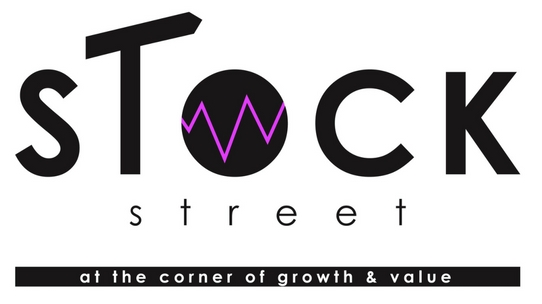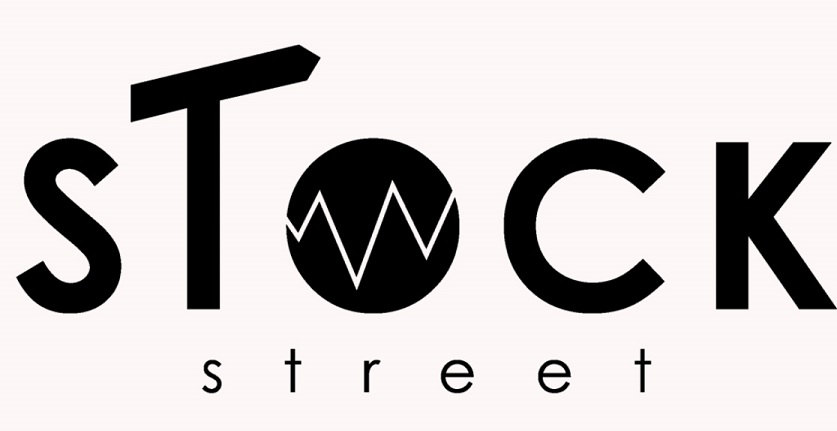Today, I’m frustrated. And, no, its not because of the president’s latest idiotic tweet, or the fact that I somehow still have 16 days until Game of Thrones premiers. I’m frustrated because I keep reading – what seems like – more and more people writing about recessions and the looming future “goliath stock market crash”.
One of the main culprits of my frustration stems from a man named, Robert Kiyosaki (the author of Rich dad Poor Dad). There is a crazy, terrible, Robert Kiyosaki ad, that won’t just won’t stop popping up on my Facebook feed.
How many times can Facebook torture my eyes? Is there not some moral and ethical concern here? Are they not legally bound and obligated to limit the amount of times I have to watch a terrible Facebook ad?! Serenity now! It’s driving me crazy. Every day, I see this thing pop up, and every day, I get annoyed by it. If only I knew something about tort law, I would sure show them. But, I know nothing of tort law, so, today, I’m just going to vent by writing this blog post.
This article is about showing why those fear mongers are doing a disservice, and why they are wrong.
The Video
Perhaps the worst thing about writing this article is the fact that I have to watch the video again so I can annihilate everything he says regarding the stock market and recessions. But, the end should justify the means – I hope.
Here it is, the video that keeps haunting my Facebook feed, and keeps punching my eyes in their eye”balls”, repeatedly.
Ok, where to begin. Let’s start by stating that his views on entrepreneurship are on target – I definitely agree with those points. I think being an entrepreneur is a great thing, and that starting a business can be a true path to wealth and prosperity.
However, EVERYTHING he said about the stock market is just, honestly, the worst advice. In the 10,300 years since the invention of advice, this is the worst so far. Historians will write books on absurdness of this piece of advice one day, you will see.
How many times in society must we hear this fearmongering? I’ve been listening to this same thing for the past nine years. It’s getting old. So here is why he is wrong.
The Crash
In case you didn’t watch the video, he said this:
“The next crash coming – and it’s coming very soon – is going to be the bigger than all of the other crashes the world has even seen”
First, you don’t have any idea when a stock market crash is coming. I know this, because predicting something in a complex system like the US economy or the stock market, with its trillions of data points, isn’t possible.
The stock market is not regulated by the laws of physics; there is no formula. It involves human psychology, human conflict, interest rates, regulations, politics, commodity prices, natural disasters, valuations, greed, consumption, money velocity, the list goes on, and on, and on, and on….
You’re going to sit here and tell me you figured out how these trillions of data sets are going to behave over the next 2-3 years? You, sir, are a goddamn genius! Did you take the NZT pill from the movie Limitless? If you did, maybe I’ll listen to you. But I don’t think you did, so….
Recessions don’t mean stock market declines
EVEN IF the economy ends up in a recession, that doesn’t mean the stock market will decline. This is another farce I’m tired of hearing people say. Recessions don’t always lead to stock market declines.
Don’t believe me? Read my post about it here The Stock Market is Not in A Serious Relationship With The Economy.
According to Ben Carlson over at, A Wealth of Common Sense, there have been 9 recessions over the past 60 years and of those 9, 4 of them led to stock market gains in the year of the recession. Ben Carlson writes “…stocks have actually risen during 4 out of the last 9 recessions” and “stocks were positive 6 out of the past 9 times in the year leading up to the start of a recession, dispelling the myth that the stock market always acts as a leading indicator of economic activity.”
This brings me to my next point…
Markets don’t have to end in some goliath crash
Everyone keeps writing these articles about the epic looming disaster that will bring the stock market back to what they deem an adequate value. I keep reading these articles, and I never hear them mention the other possibility; the possibility of the stock market averaging a very small gain or loss over an extended period of time as the economy catches up.
From around 1966 – 1982, the S&P 500, when adjusted for inflation, returned a whopping 0%. Here is a link to Carlson’s article where he references the information from Shiller and Damodaran – Was the 1966-1982 Stock Market Really That Bad?
The market can have a drastic rubber-band-like expansion and contraction in a short period of time. But it can also have a narrow expansion and contraction over a prolonged period of time; I really don’t think people realize this. There can be periods of multiple years where they average little or no stock market growth or decline; it doesn’t always have to be a crash. Yet, everyone speaks as if the only potential outcome is a stock market crash to bring values back down.
It’s OK to have a decrease in the stock market
The above idea of an extended period of little growth or loss may be even worse than if there was a large crash. During a large crash, you at least get to purchase securities at a deep discount. As long as you are not planning on using those securities in the near future, you should be completely happy with a large devaluation of stock prices so you can go on a shopping spree. Obviously, if you purchased stock in 2009, you could have had the best shopping spree in eighty years.
If you are close to retirement and need the money soon, you should have adequate money in cash and/or fixed income so you can withstand a crash. When a crash comes, you get to buy up those stocks with that fixed income money if you are brave and smart enough. The cash can be there for the living expenses while the market is down.
Recent Declines vs The Great Depression
Kiyosaki also showed you a price chart with no inflation built-in to compare the stock market crash of 1929 to the Dotcom Bubble and Great Recession. I shouldn’t have to tell you that this chart is completely misleading and hilariously and epically wrong to use a comparison. The decline of the stock market and the economic disaster that was the Great Depression was far worse than anything we have experienced in the past 80 plus years. It’s really not even close.
There may be a crash
There may be a crash in the next 2-3 years, there may not. There may be a recession in the next 2-3, there may not. Just stop thinking that a recession equals a stock market crash, or that a stock market crash equals a recession. Your logic is wrong, and it may lead you to unwise decisions.
If there is a crash, be happy you get to purchase stocks at a giant discount. If you are close to retirement, as long as you are properly setup today in the event of a stock market crash, you should also welcome a crash, because you will likely have more money long term if you buy those securities on sale.
You can’t predict a crash – you can guess – but you can’t predict it. When you are wrong, the lost opportunity cost does what it is supposed to do – it punishes you for thinking you can predict the fluctuations of a system as complex as an economy or stock market.
In closing, Robert Kiyosaki has some great advice about entrepreneurship. Just, please, for the love of Warren Buffett, don’t listen to his stock market advice; he’s going to make you do something idiotic.
Thanks for reading! (Can’t wait to hear from all the Kiyosaki diehard fans…just make sure you are respectful in your disagreement 😉)
Disclaimer: These are the ideas and opinions of the author. The author is not responsible for the actions of those who read the posts on this blog. Each individual reader has a unique situation and unique needs. This blog is not intended to solve those unique situations of the readers. This blog is not liable for decisions made by the readers of this blog.
You know how websites add a section at the bottom that says, “This post MAY contain affiliate links”? Well, I am not going to be vague like those websites. We all know if they write that sentence, the post includes affiliate links. So, I will tell you straight up that this post DOES include affiliate links. Use them, I will make a little dough. Here is my affiliate link disclaimer if you want to read more: DISCLAIMER














